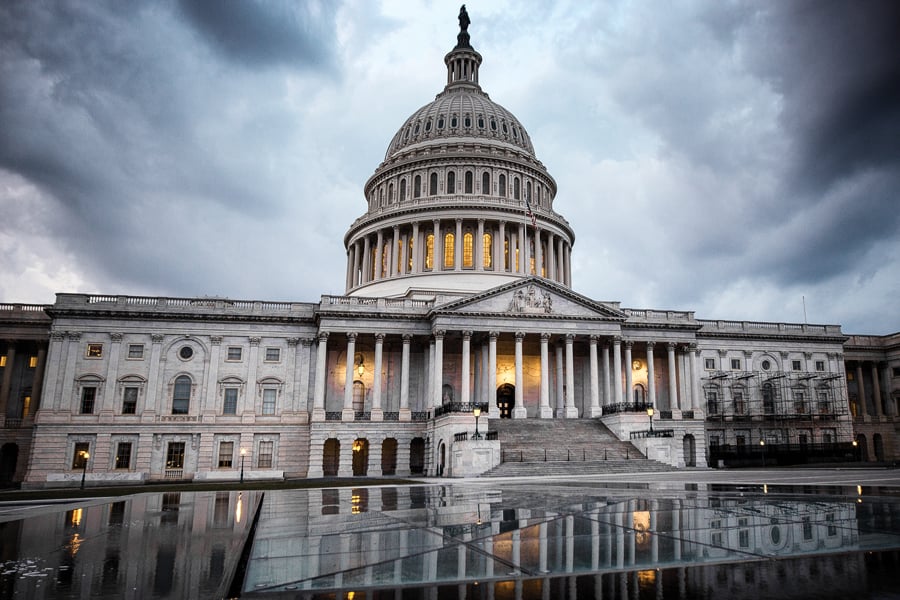

Legislation backed by congressional Democrats to make it easier for workers to form a union is drawing opposition from the Financial Services Institute because of its potential effect on independent financial advisers.
On Thursday, House Speaker Nancy Pelosi, D-Calif., Senate Majority Leader Chuck Schumer, D-N.Y. and top House and Senate Democrats on labor policy introduced the Protecting the Right to Organize Act, or the PRO Act. The measure would amend the National Labor Relations Act to facilitate union organizing and collective bargaining for wages and benefits.
One of its provisions “prevents employers from misclassifying their employees as supervisors or independent contractors,” a summary of the measure states.
That part of the bill establishes a stringent worker classification test. FSI, which represents independent broker-dealers and financial advisers, worries the rubric could be extended to the Fair Labor Standards Act.
Under that scenario, independent financial advisers would have to be reclassified as employees of the broker-dealer with which they are affiliated for clearing and other services, FSI says.
“We’re concerned it might have unintended consequences down the line,” said Hanna Laver, FSI's director of legislative affairs and senior counsel.
Democrats generally have seen the move by companies toward the use of independent workers in the so-called gig economy as a trend that is harming workers' economic prospects.
One of the bill’s authors, Sen. Patty Murray, D-Wash., and chair of the Senate Health Education Labor and Pensions Committee, said Thursday the PRO Act is needed to help ensure a “fair, inclusive economy.” She spoke during the confirmation hearing for Labor Secretary nominee Marty Walsh, the mayor of Boston and a former labor leader.
Although Democrats control the House and Senate by narrow margins, the outlook for the PRO Act is cloudy because it likely would have to obtain 60 votes in the Senate to overcome a filibuster.
Policies affecting who is defined as an independent contractor have long been at the top of FSI’s lobbying agenda. Many of its members have left wirehouses, where they were employees, to set up their own practices. They don’t want to become employees of their affiliated brokerages.
“Preserving the independent-contractor status of our financial advisers has been an evergreen advocacy priority since the founding of FSI, and that’s because it’s essential to the business model,” David Bellaire, FSI executive vice president and general counsel, told reporters earlier this week during the rollout of FSI’s 2021 agenda.
The organization is supporting a Labor Department final rule that would clarify the tests used to determine independent contractor status under the FLSA. That regulation was not promulgated until late in the Trump administration and has a March 8 effective date. It has been put on hold by the Biden administration.
“We support the DOL’s efforts to bring clarity and consistency to the determination of who is an independent contractor under the Fair Labor Standards Act, and we urge the Biden administration to allow the rule to go into effect,” Laver said.

Executives from LPL Financial, Cresset Partners hired for key roles.

Geopolitical tension has been managed well by the markets.

December cut is still a possiblity.

Canada, China among nations to react to president-elect's comments.

For several years, Leech allegedly favored some clients in trade allocations, at the cost of others, amounting to $600 million, according to the Department of Justice.
Streamline your outreach with Aidentified's AI-driven solutions
This season’s market volatility: Positioning for rate relief, income growth and the AI rebound
